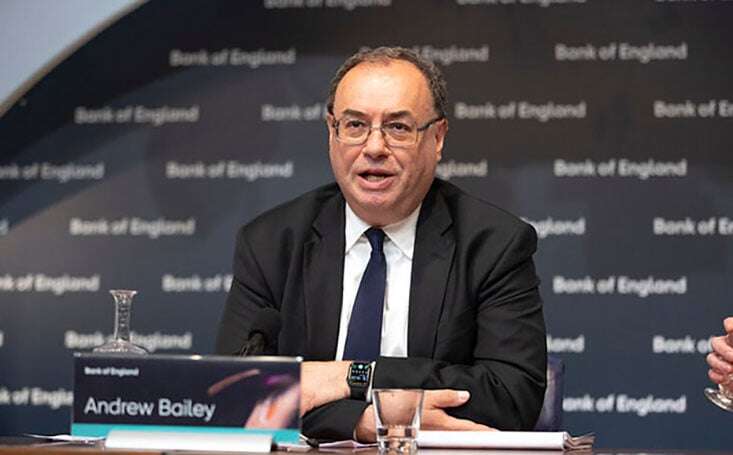If you’re a private landlord, you’re probably feeling the squeeze from the new tax rules that are coming into effect.
In this blog, we’re going to share some tips on how you could increase profits by saving yourself money, time and hassle. Helping you keep your tenants happy, your property in good condition, your profitability high and (importantly) your stress levels low.
Insurance
Shop around for insurance. Ensure you know what each plan covers as well as what you’ll pay. Never let your building insurance run out. If there’s a fire or incident and your property’s uninhabitable, you may still be liable to pay the mortgage. Consider taking out a Landlord Rent Guarantee insurance too. This is especially important if dealing with new tenants. This policy is relatively cheap and will safeguard your rent if a tenant falls into arrears.
Cut Void Periods
As a landlord, you should avoid lengthy void periods at all costs. These pose a serious financial risk and could lead to a few sleepless nights. If you find yourself approaching a void period, think about how you’re marketing the property. Consider the price of rent, its visibility online, how it’s presented and your availability for viewings.
Maintenance: Tradespeople Vs DIY
When bringing in tradespeople, it’s important to think about costs as well as reviews. Don’t go for the first you find and don’t necessarily go for the cheapest. You need the job to be done properly, as well as cheaply. If you’re considering a DIY fix, make sure you do a good job. You don’t want to be revisiting the same issue again in a few months. Sometimes the cost of bringing in a tradesperson is better than the time expenditure of doing it yourself.
Furnishings
Furnishing your property is a great way of adding value. Check out all options for this. Sometimes bulk buying furniture from retailers will get you a better deal. Why not look for second hand options? This can add a unique character to your property but also save you money. Take a look at auctions as well as sites like Freecycle, Gumtree, Ebay and Amazon.
Review Your Mortgage
A landlord’s main expense is their mortgage. It’s good practice to regularly review this and ensure you’re getting the best deal. This can mean saving money immediately. Search around and see if there’s a better deal out there.
Hire an Accountant
It’s said that a good accountant will save you more than their fee. For a landlord, hiring an accountant should be a serious consideration. There are plenty of legal tax exemptions and breaks that you could qualify for. Speak to an accountant, see how they can help. Ask them about the possibility of offsetting your expenses against your tax bill.
Get Your Inventory Right
As a landlord you have the right to deduct money from a tenant’s deposit if your property is damaged. With recent changes to the law, it can be more difficult than ever to do this – even if you’re in the right. If you haven’t got your inventory spot on, you’ve got no chance of recuperating any costs.





